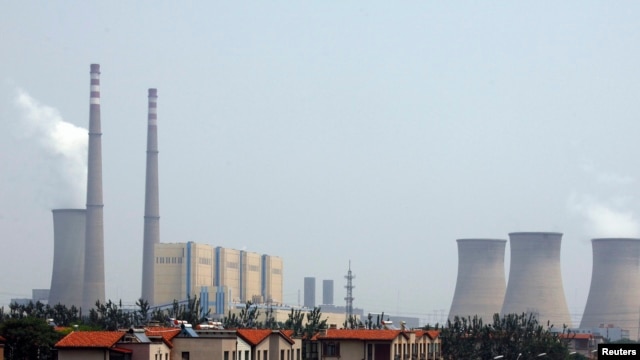Skull Pilot
Diamond Member
- Nov 17, 2007
- 45,446
- 6,164
- 1,830
Now Obama in his ill advised Waman cap and tax scheme wants a better than 80% reduction in CO2 emissions by 2050.
That would mean reducing carbon emissions in to a level not seen in 1910. But since we are a more populous country now, it would mean a per-capita reduction of emissions to a level not seen since 1875.
Does anyone believe this is possible?
In 1875, there were no cars, no planes, no electricity and most people's carbon emissions came from heating their homes with wood or possibly coal.
So is it realistic to mandate an impossible standard?
Face it folks this is not a plan for environmental policy it is nothing but yet another government scheme to separate us from our money and to exert more control over our lives.
That would mean reducing carbon emissions in to a level not seen in 1910. But since we are a more populous country now, it would mean a per-capita reduction of emissions to a level not seen since 1875.
Does anyone believe this is possible?
In 1875, there were no cars, no planes, no electricity and most people's carbon emissions came from heating their homes with wood or possibly coal.
So is it realistic to mandate an impossible standard?
Face it folks this is not a plan for environmental policy it is nothing but yet another government scheme to separate us from our money and to exert more control over our lives.






